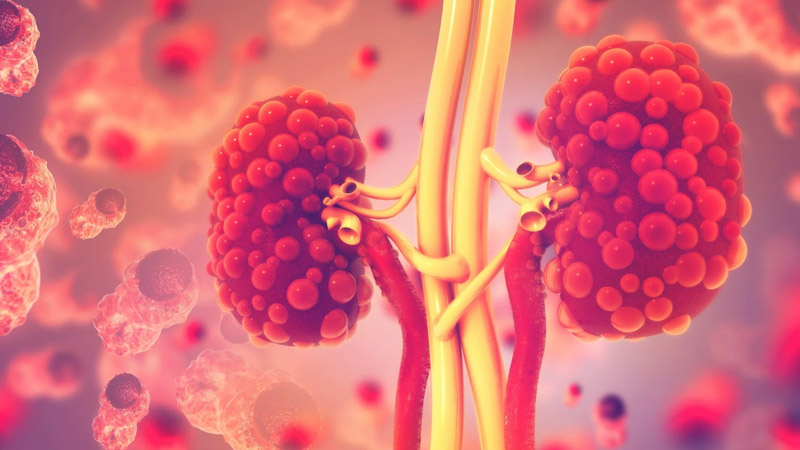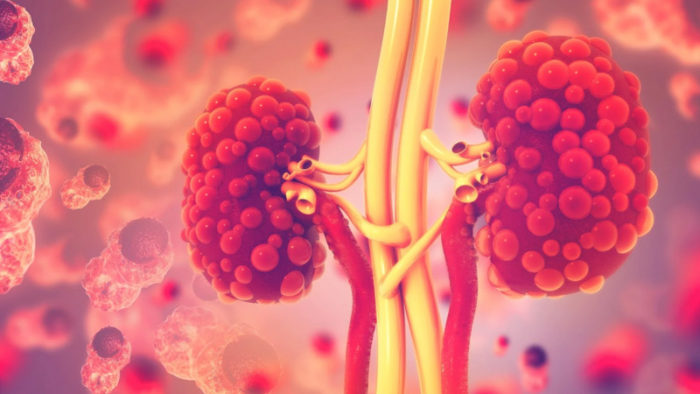CKD currently has no effective therapy options. Determining the underlying pathogenic mechanisms of CKD is therefore essential for creating effective treatment regimens that can both prevent and treat the ailment.
A recent Nature Communications study suggests that DNA-PKcs may be a useful target for the therapy of CKD. An important pathogenic aspect of CKD is renal interstitial fibrosis, which is connected to abnormal production of profibrotic proteins such as transforming growth factor-beta 1 (TGF-1)-induced myofibroblast activation and epithelial dedifferentiation.
In interstitial fibrosis, TGF-1 activation is essential. Researchers observed metabolic reprogramming in myofibroblasts and renal tubular epithelial cells, which constitute kidney tissue when examining the connection between metabolic dysregulation and interstitial fibrosis. This incident influences how CKD progresses.
When kidney cells go through metabolic reprogramming, there is a significant drop in fatty acid oxidation (FAO) and a metabolic transition to glycolysis. These symptoms lead to interstitial fibrosis and immune cell infiltration.
Many animal models of renal fibrosis have shown that pharmacological or genetic techniques that obstruct glycolysis and restore FAO can diminish fibrosis. DNA-dependent protein kinase (DNA-PK), a trimeric complex composed of a catalytic subunit (DNA-PKcs) and a Ku70/80 heterodimer, can be activated by reactive oxygen species (ROS) or DNA double-strand breaks (DSBs).


